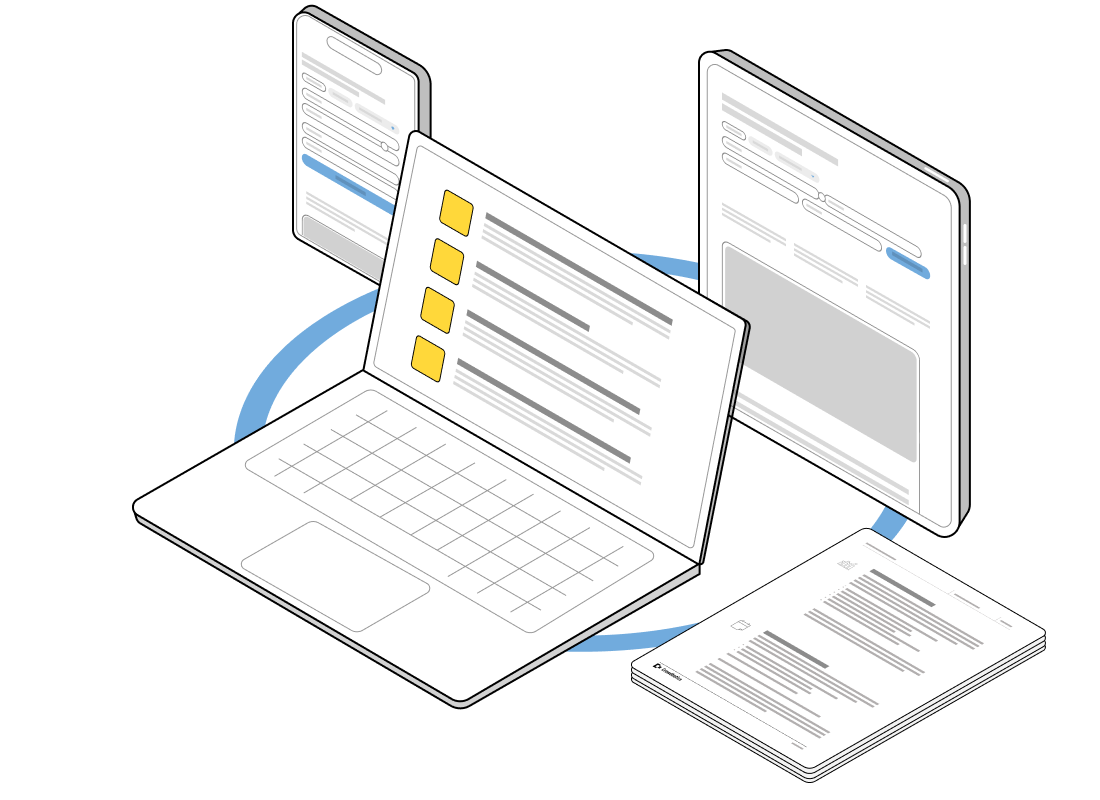What is a utilities app?
A utility application is a web, mobile, or desktop application that helps users perform basic tasks on their computers and devices. Utility applications typically include utilities for file management, device maintenance, connecting to the Internet and other networks, managing a user’s calendar and contacts information, taking notes, calculating financial data such as interest rates or compound interest rates, and encrypting data.
Utilities apps are similar to productivity apps, but usually have a unique visual design and focus on a feature like voice control or smart home integration. Popular utilities apps include Google Home, Amazon Echo, and IFTTT.
Examples of utilities apps built with Crowdbotics:
- Clickable prototype for a utility payment app.
What is the typical cost to build a utilities app?
A utilities app usually costs about $37,500 to build. However, the total cost can be as low as $25,000 or as high as $50,000. A utilities app with a low number of features (also known as a minimum viable product, or MVP) will be more affordable than an app that includes all intended functionality.
For example, here are some previous utilities app price quotes from Crowdbotics:
How long does it take to build a utilities app?
A utilities app usually takes 133 hours to build. However, a utilities app can be built in as few as 133 hours, or in as many as 133 hours. The exact timeline mostly depends on how complicated your specific app is. As a general rule, it will take longer if you require highly custom designs, niche features, complex logic, or non-standard release platforms.
For example, some previous utilities apps build with Crowdbotics received the following hourly estimates:
Not seeing what you’re looking for?
Crowdbotics has quoted and built hundreds of applications for teams of all sizes. Browse our historical estimates by industry and app type to understand possible costs and considerations.
How to successfully grow your utilities application
A utility app makes its money by selling a service to users. Utility apps are commonly used by businesses, and can be particularly interesting in developing countries where a large percentage of the population is using smartphones for the first time. Utility apps provide a way for businesses to set prices that are flexible based on the user’s budget, and also provide easy ways for customers to pay their bills.
Risks and challenges of building a utilities application
A utility app is an app that provides a service to the user without any exchange of value. Examples of utility apps include flashlight, calculator, and weather apps. Utility applications are subject to the same legal challenges as other apps, but they must also be mindful of potential legal issues related to the collection and use of user data without consent or proper disclosures.


